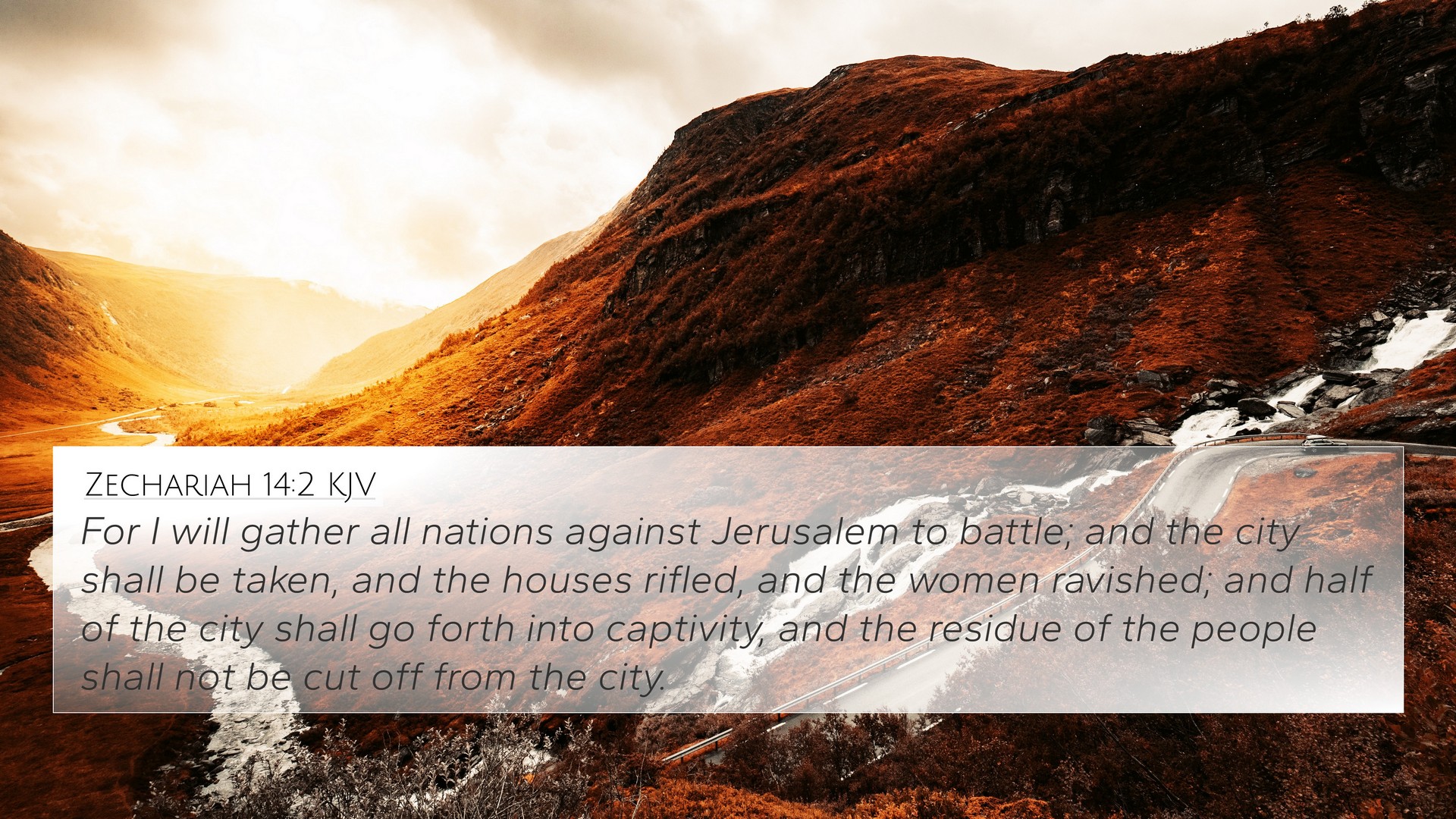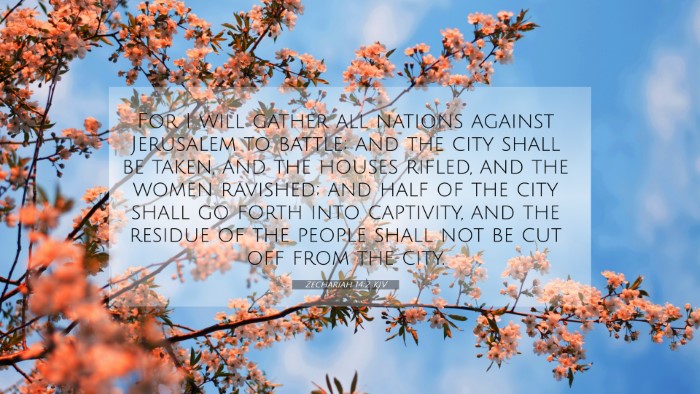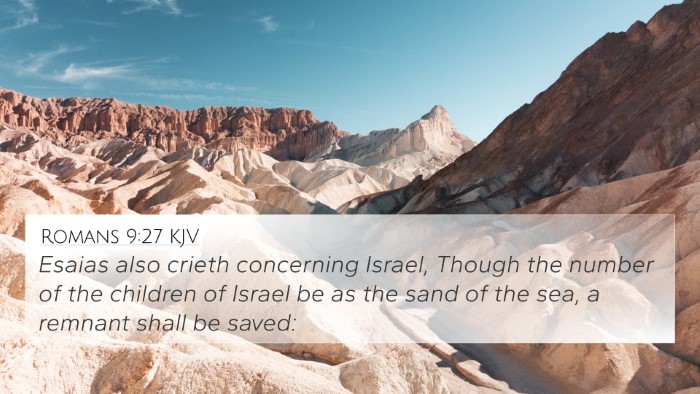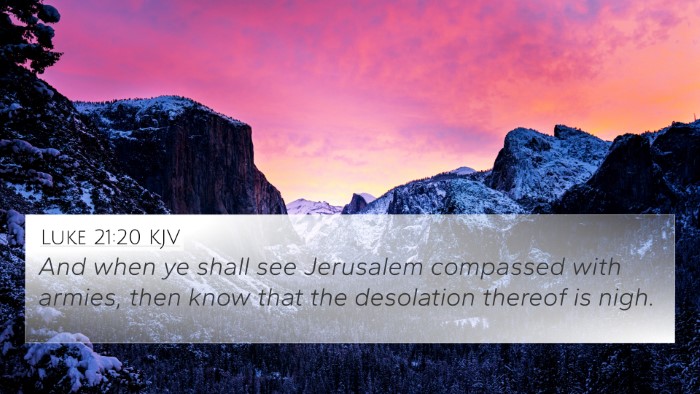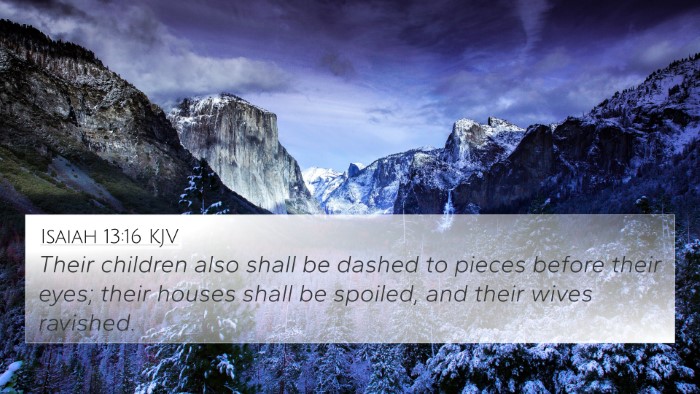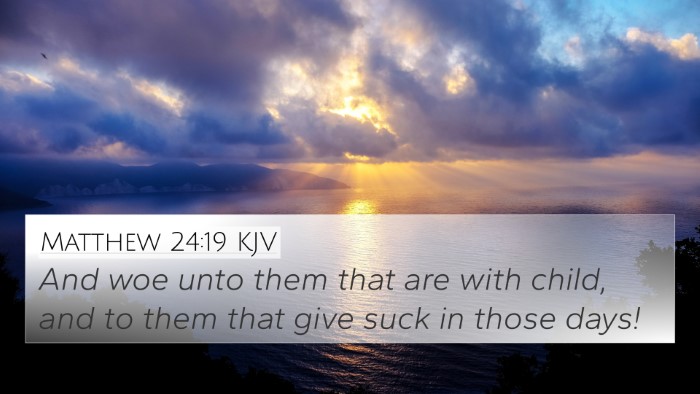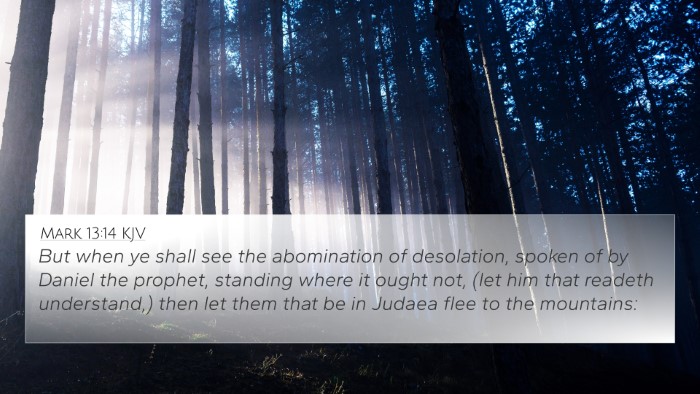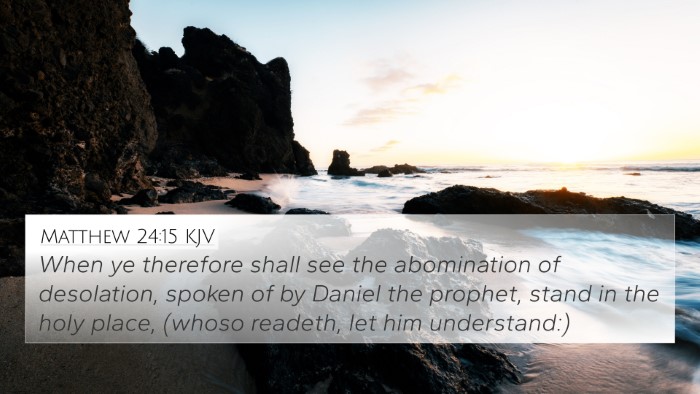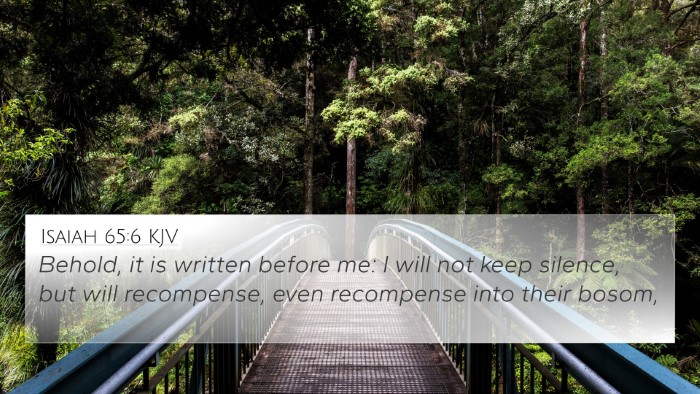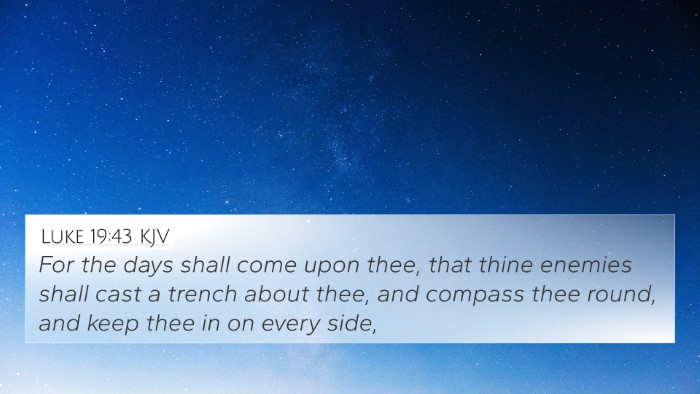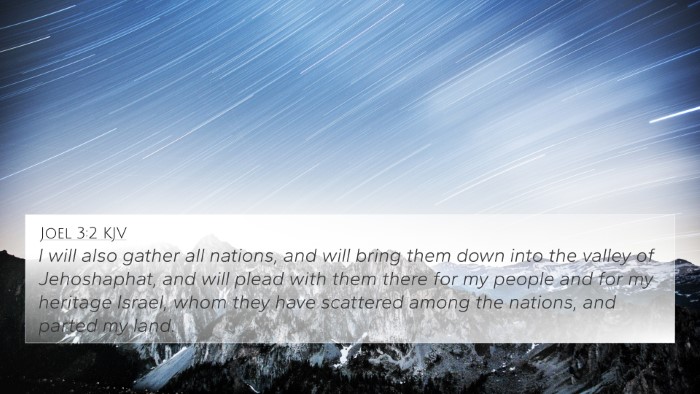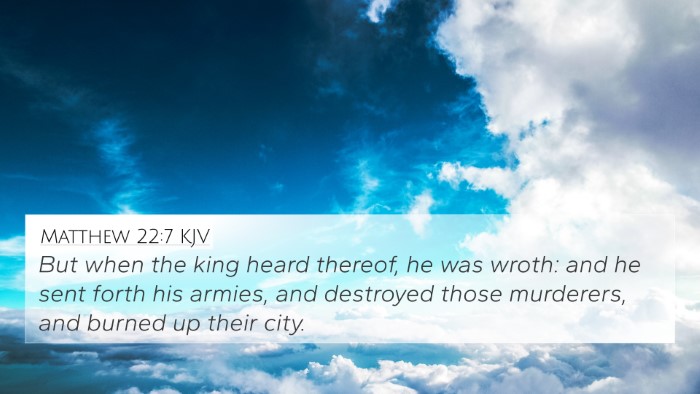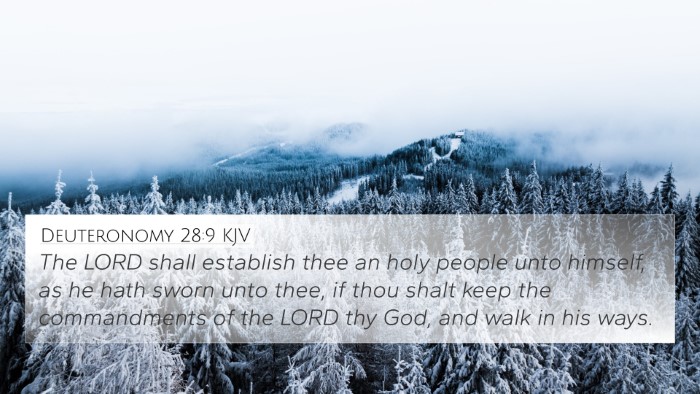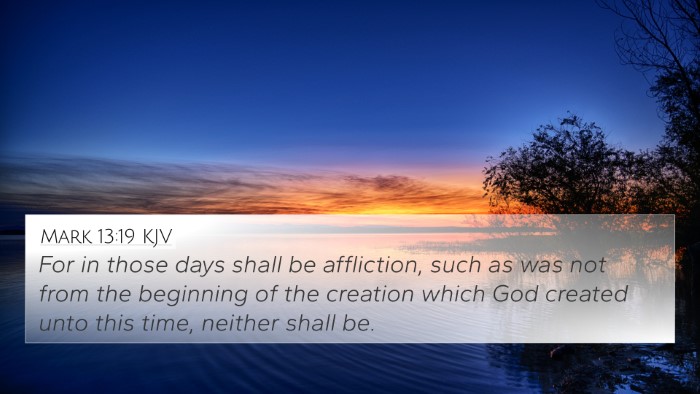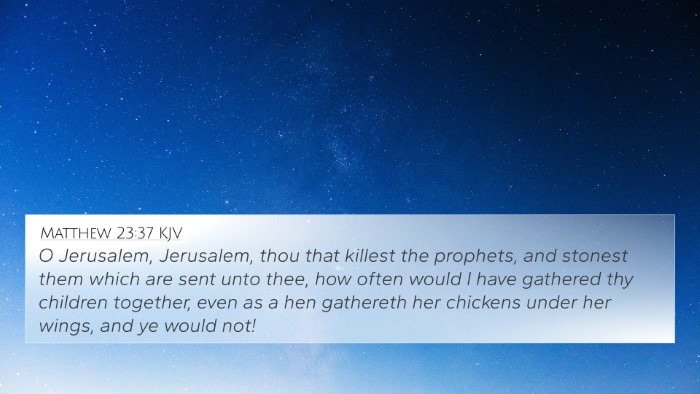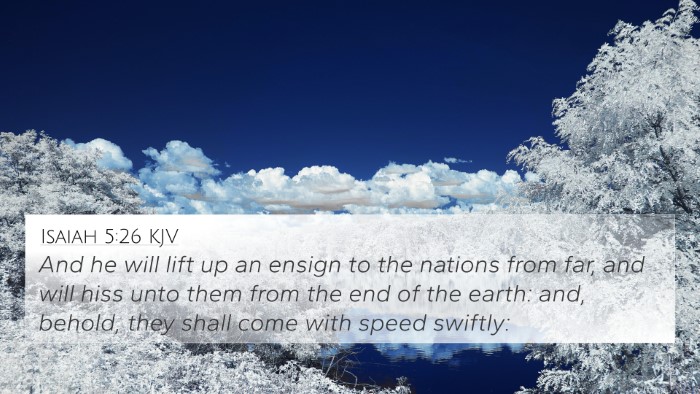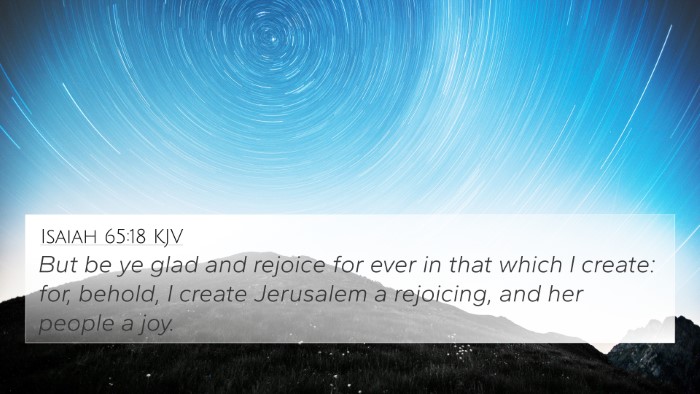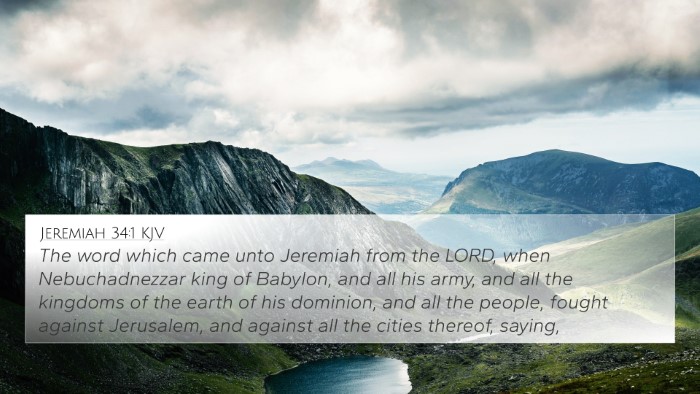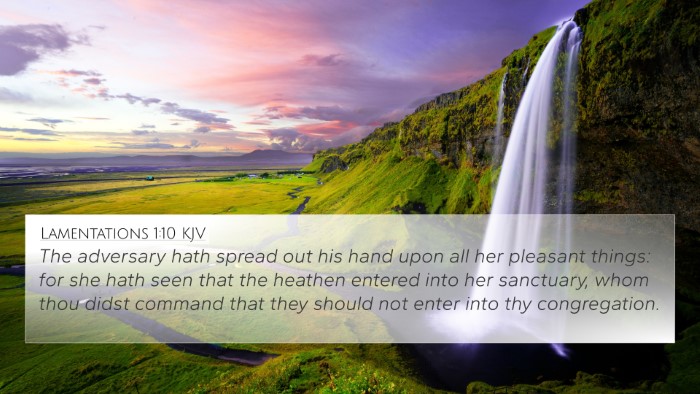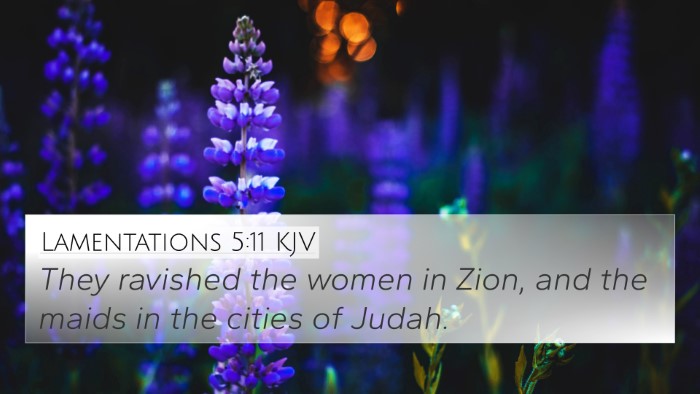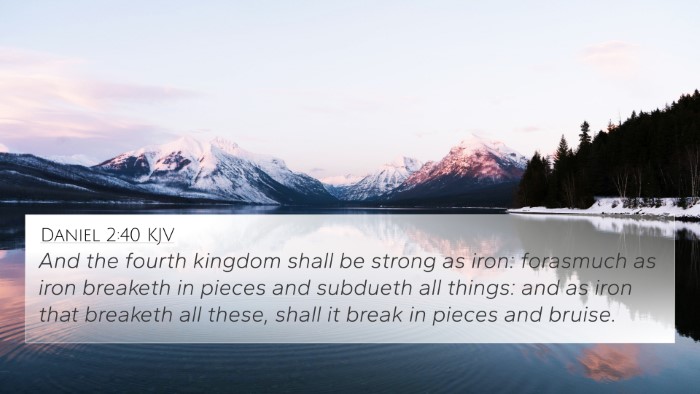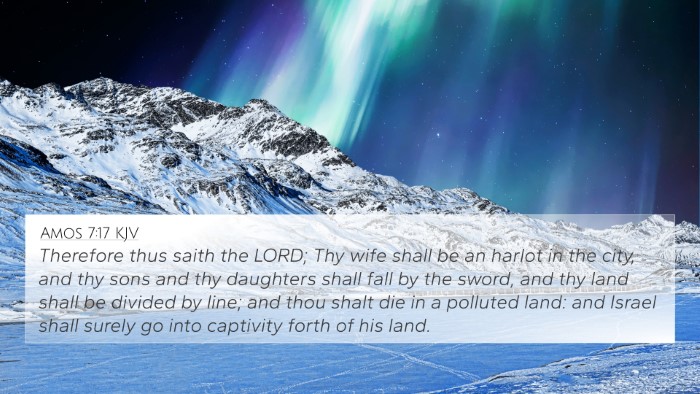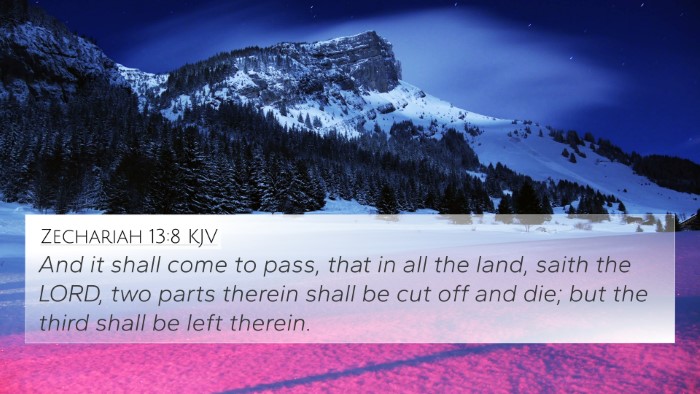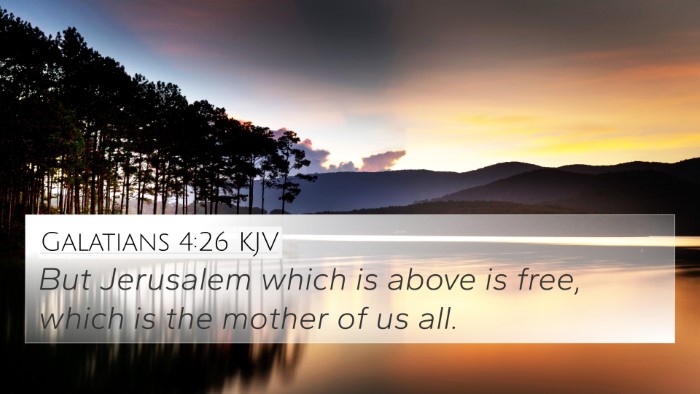Understanding Zechariah 14:2
Verse: "For I will gather all nations against Jerusalem to battle; and the city shall be taken, and the houses rifled, and the women ravished; and half of the city shall go forth into captivity, and the residue of the people shall not be cut off from the city." (Zechariah 14:2 KJV)
Overview: Zechariah 14:2 prophecies about a time of great conflict and suffering for Jerusalem, detailing a siege where foreign nations unite against it. This verse underscores the themes of judgment, consequence, and eventual restoration.
Commentary Insights
Drawing upon insights from various public domain commentaries, we can extract multiple layers of meaning from this profound verse. Key figures like Matthew Henry, Albert Barnes, and Adam Clarke offer perspectives that deepen the understanding of the text.
Matthew Henry's Commentary
Matthew Henry highlights the inevitable gathering of nations against Jerusalem as a divine act, emphasizing that it serves God's purpose in judging and purifying His people. He interprets this siege as evidence of opposition to God’s covenant people, illustrating that suffering often precedes redemption. The consequences of the city's fall reflect the seriousness of turning away from God and the need for repentance.
Albert Barnes' Exposition
Albert Barnes notes the historical context of this prophecy, suggesting that it foreshadows both the literal sieges faced by Jerusalem and a broader application in the final days. He emphasizes the phrase "gather all nations," indicating a general final conflict. Barnes asserts that while the city faces destruction, this prophecy also points towards ultimate restoration, aligning it with God’s overarching plan for His people.
Adam Clarke's Commentary
Adam Clarke elaborates on the graphic imagery employed in this verse, explaining that the expressions of houses being rifled and women ravished signify utter destruction and loss of morality during sieges in ancient times. Clarke points to the significance of “half of the city” going into captivity, suggesting that God allows calamity as a means to bring the remnant to repentance and renewal.
Key Themes and Messages
- Divine Judgment: The gathering of nations signifies a divine reaction to the moral and spiritual state of Jerusalem.
- Consequences of Sin: The verse illustrates the harsh consequences that ensue from turning away from God and violating His commandments.
- Hope Amidst Despair: Despite the impending doom, there exists a thread of hope as God intends to restore His people after judgment.
- The Role of Nations: The involvement of different nations shows that God’s sovereignty extends over all peoples, not just Israel.
- Historical Context: Reflects on the multitude of conflicts Jerusalem has faced throughout its history, serving as a reminder of its struggles.
Bible Cross References
To fully grasp the depth of Zechariah 14:2, consider these significant cross-references:
- Isaiah 64:10-11: Describes the desolation of the city and the temple.
- Jeremiah 39:1-10: Accounts of the siege and capture of Jerusalem.
- Lamentations 3:45-47: Reflects on the suffering and desolation faced by the people.
- Ezekiel 38:14-16: Prophecies concerning the gathering of nations against Israel.
- Matthew 24:2: Jesus speaks of the destruction of the temple, emphasizing end-time prophecies.
- Revelation 16:14-16: The gathering for the final battle against God’s people.
- Zecharaiah 12:3: Describes the nations surrounding Jerusalem and its pivotal role in the last days.
- Daniel 9:26: Foretells the destruction that will come upon God's people.
- Micah 4:11-12: Discusses the gathering of nations and their intentions against Zion.
- Luke 21:20-24: Jesus' warnings about Jerusalem's destruction and captivity.
Thematic Bible Verse Connections
In studying Zechariah 14:2, it is essential to consider the thematic connections between this and other scriptures. The consistent message of judgment and hope, the role of repentance, and God’s eventual restoration flow throughout both the Old and New Testaments, establishing a comprehensive understanding of God's relationship with humanity.
Conclusion
Zechariah 14:2 stands as a crucial reminder of God's sovereignty, the suffering borne from sin, and the promise of restoration. It invites readers to explore the connections between various Biblical texts and reflect on the significance of covenant faithfulness in their own lives. In studying the cross-references, believers can appreciate the fullness of the scriptural narrative and foster a deeper understanding of their faith.
